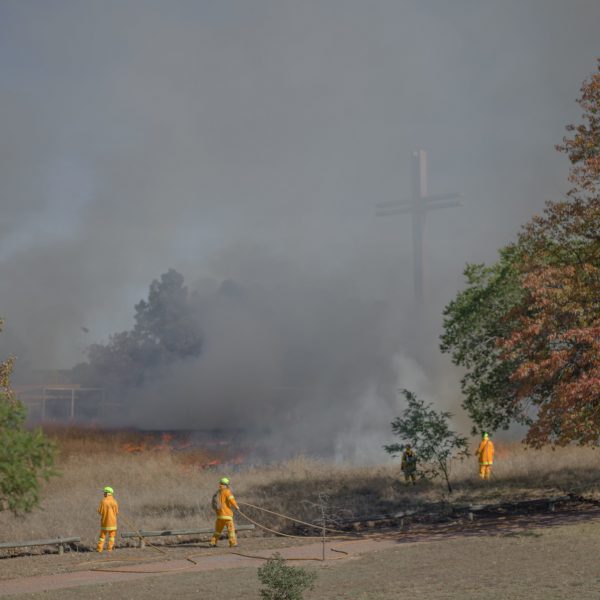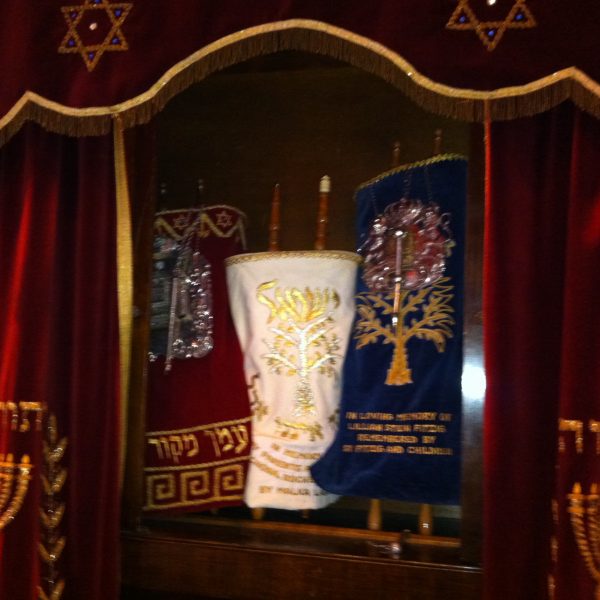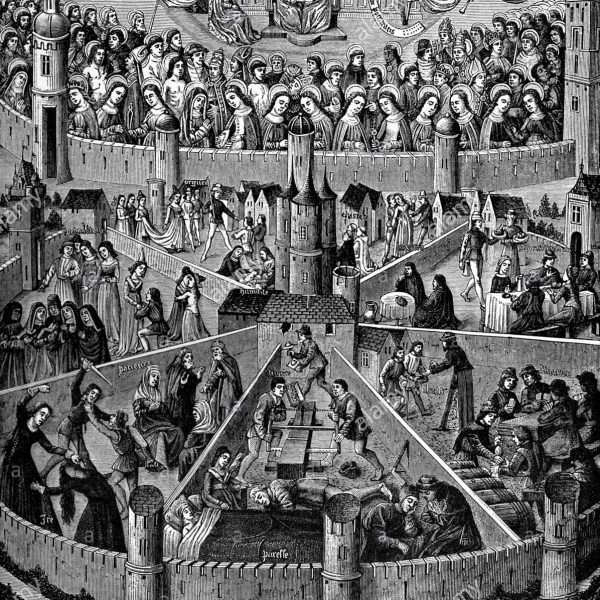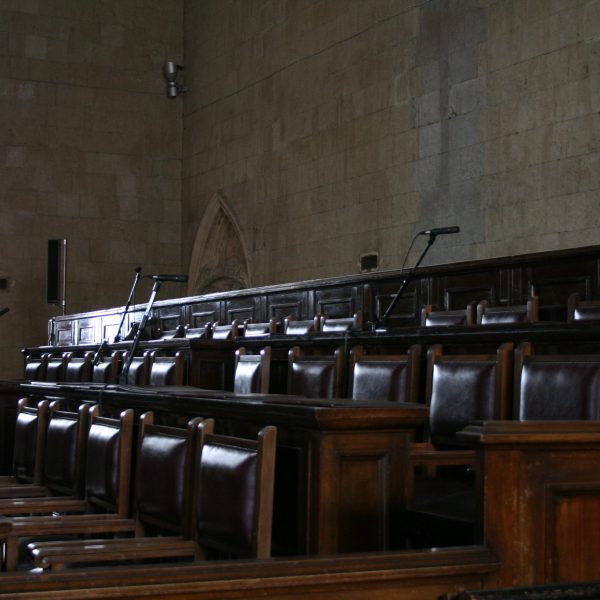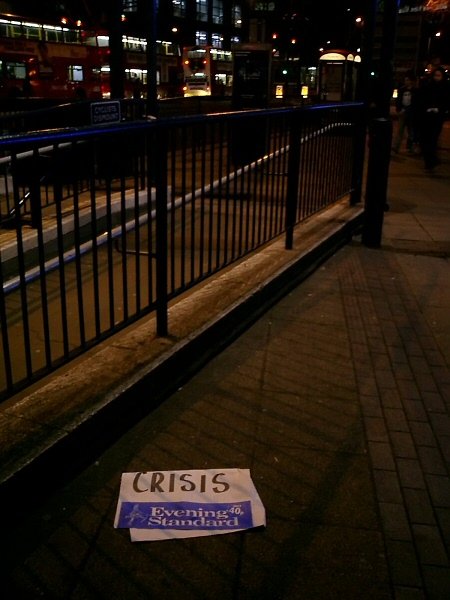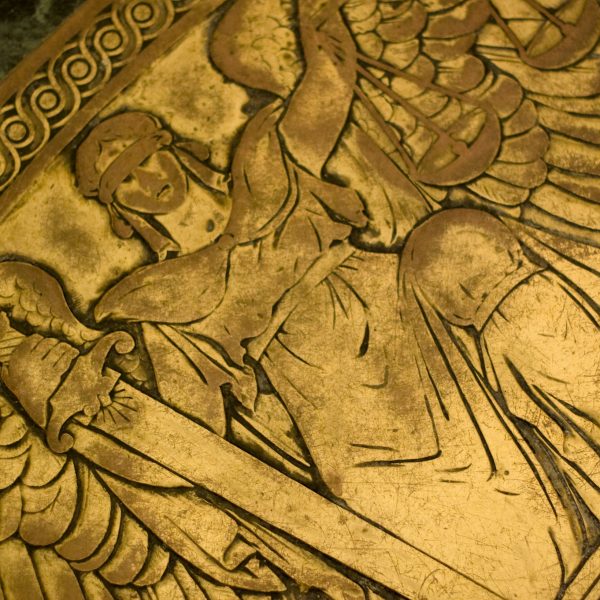
With the Centre for Theology and Public Issues in the School of Divinity, the Institute offers the CTPI Duncan Forrester Fellowship for early-career researchers working in public theology, especially in relation to areas such as peacebuilding and the arts, politics and migration, environmental ethics, and law and justice.

The trouble in American Evangelicalism and in Christianity more broadly, is that standing face-to-face with our Messiah, we find ourselves at a loss of how to serve. What does it mean to be a follower of Jesus? What, beyond the instinctive sense that we are to follow Christ, does it mean to follow? What are we looking for?

We are currently seeing folks pause to reflect both on what has historically counted as “political theology” and the ways in which those evaluate norms and frameworks need to shift moving forward.

Biblical stories about baptism are connected to, but also at odds with, historical theology about baptism as well as the current liturgical practices of baptism. Reading Matthew’s account of Jesus’ baptism together with contemporary theologies offers a glimpse of the radical solidarity of Jesus.
*This post originally appeared on the Politics of Scripture January 2, 2017.
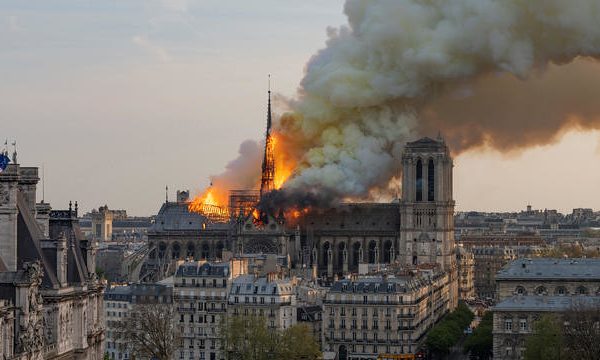
How might we think about political theology in the absence of conventional scriptural, interpretive or institutional authorities together with their conceptual worlds?
